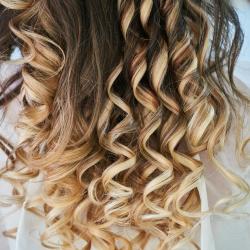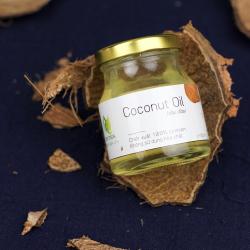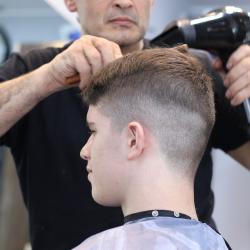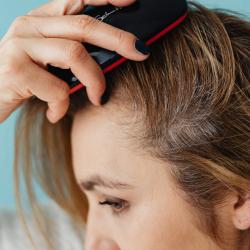Natural Remedies for Thinning Hair: What Really Works?
Thinning hair can be a distressing experience for both men and women. While there are numerous treatments and products available on the market, many individuals prefer natural remedies that are chemical-free and offer holistic benefits. Let’s delve into the world of natural remedies for thinning hair to determine what really works.
Understanding Hair Thinning
Before exploring remedies, it's essential to understand why hair thinning occurs. Factors such as genetics, hormonal changes, nutritional deficiencies, stress, and aging can contribute to this problem. Addressing the root cause is crucial for effectively combating hair thinning.
- Aloe Vera
Aloe vera is celebrated for its soothing properties and is often used to improve scalp health. The proteolytic enzymes present in aloe vera repair dead skin cells on the scalp, which promotes hair growth. Applying aloe vera gel directly to the scalp a few times a week can help condition and hydrate the hair, potentially reducing thinning.
- Essential Oils
Essential oils have gained significant attention for their potential benefits in promoting hair growth. Rosemary oil, in particular, is known for stimulating blood circulation in the scalp, thereby promoting hair growth. Lavender oil can also be beneficial due to its ability to promote follicle health and hair density. To use, mix a few drops with a carrier oil such as coconut or jojoba oil and massage into the scalp.
- Coconut Oil
Coconut oil is rich in fatty acids that penetrate the hair shaft, reducing protein loss and promoting hair strength. Regular scalp massages with coconut oil can enhance blood circulation, which may contribute to hair growth. Additionally, its anti-microbial properties maintain a healthy scalp environment.
- Onion Juice
Onion juice might not sound appealing, but it is a traditional remedy backed by some scientific evidence. Onion juice contains sulfur, which improves circulation, promotes collagen production, and has been linked to encouraging hair regrowth. Applying onion juice to the scalp, leaving it for 15-30 minutes, and then rinsing can be effective.
- Green Tea
Green tea is loaded with antioxidants, which can help in promoting hair growth and prevent thinning. The polyphenols in green tea, particularly epigallocatechin gallate (EGCG), are known to stimulate hair follicles. Using green tea as a rinse or consuming it regularly can help fortify hair health.
- Diet and Nutrition
Often underestimated, diet plays a critical role in hair health. Ensuring a diet rich in vitamins and minerals like iron, zinc, vitamin D, and B-complex vitamins can encourage hair growth. Foods such as spinach, nuts, fish, lean meats, and beans are excellent for supporting healthy hair.
- Stress Management
Stress is a notorious factor in hair thinning. Practices such as yoga, meditation, and regular exercise can significantly reduce stress levels and potentially improve hair health. Deep breathing exercises and mindfulness can also support hormonal balance, benefiting overall hair vitality.
- Herbal Supplements
Herbal supplements like saw palmetto and ginseng have claimed benefits for hair health. Saw palmetto works by inhibiting DHT, a hormone linked to hair loss, while ginseng promotes hair follicle health. Consulting with a healthcare provider before taking supplements is advisable.
Conclusion
While there is no one-size-fits-all solution for thinning hair, natural remedies offer a gentle and holistic approach to managing and potentially reversing the condition. A combination of topical treatments, nutritional adjustments, and stress management can contribute to healthier, thicker hair. Individual results will vary, and patience is key, as natural remedies often take time to show effectiveness. If thinning hair persists, consulting a healthcare professional can help tailor a more personalized and efficient treatment plan.






















